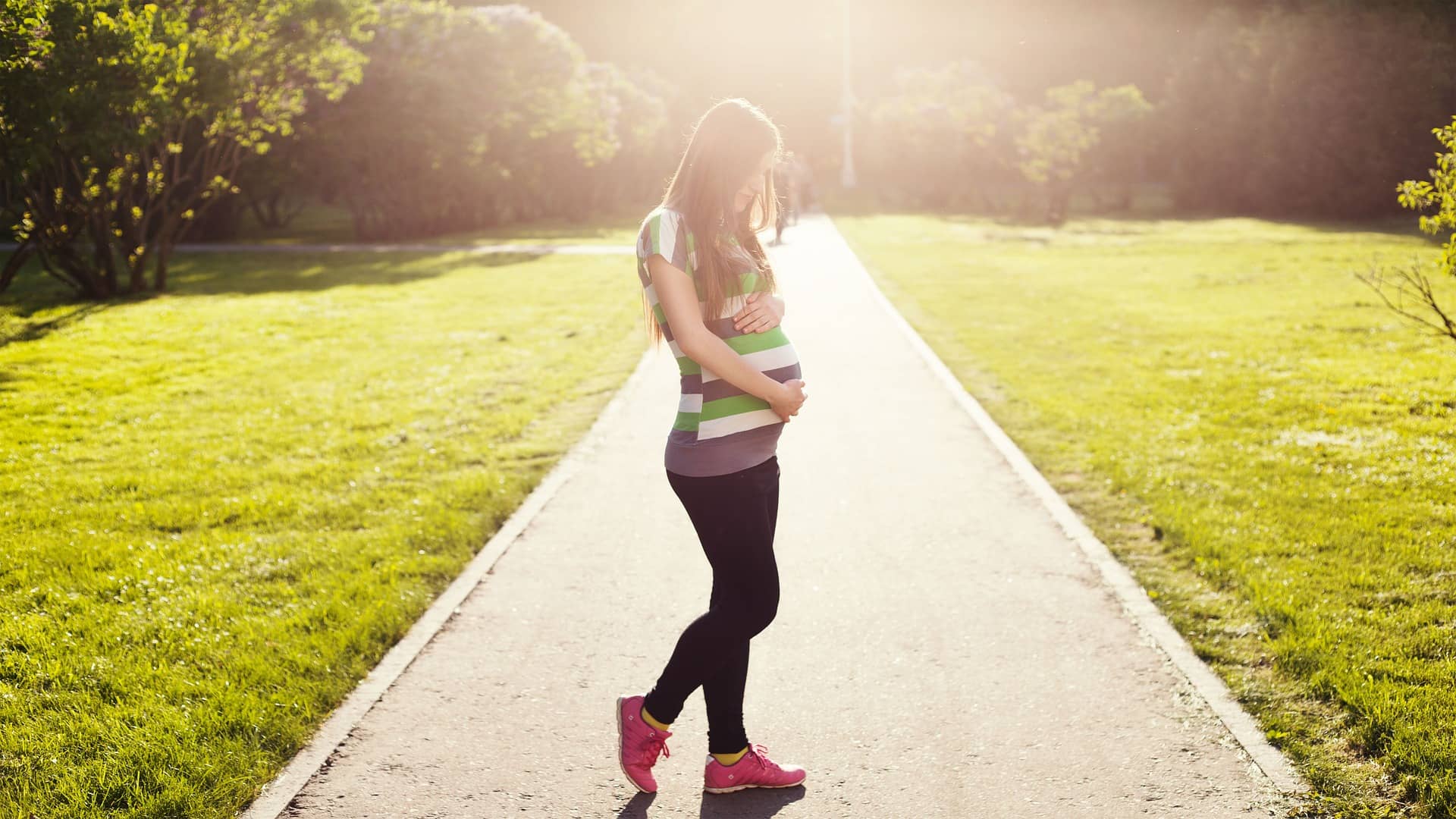Open adoption arrangements can vary greatly, from the birth mother simply selecting the adoptive family to maintained communication after the placement of the child. Typically these arrangements are decided upon before the birth, to make sure that everyone has the same understanding and expectations for the future relationship. For those that have some type of relationship with a birth mother after the adoption, whether it be through letters, pictures, other communication, or visits, families have indicated that it’s helped their child cope with adoption and understand their identity.
While open adoption and continued communication between the birth mother and adoptive family can have many benefits, there is also the possibility that the relationship changes and that a birth mother may withdraw. To better understand how to deal with such a situation, it can be helpful to understand the birth mother’s mentality. Doing so can help mend relationships and handle any distressing emotions. Here are a few reasons that birth mothers cut contact during an open adoption and what you should do about it:

Coping with the Adoption
In the first year of adoption, it can be common for birth mothers to take a step back from the child’s life. They may still be dealing with grief from placing their baby for adoption and seeing the child could trigger certain emotions they didn’t know they would feel earlier. In some cases, they may begin to communicate later on when they come to terms with their decision. It can sometimes be helpful to set expectations, for example, that the birth mother initiate any requests or updates of the child, so she never receives communication about the child without being ready.
Becoming More Comfortable with the Adoption
Adoptive families may also come across a situation where the birth mother is initially involved with the child and then slowly or even abruptly halts any communication. While it may be confusing, the birth mother could be shifting her time and focus to other important aspects of her life. After fully accepting her decision, she might start moving forward with opportunities that weren’t available to her when she was pregnant. Once the birth mother realizes the family will provide love, safety, and opportunity for the child, she may feel more at ease and able to adjust back to her daily life. She could also be facing a big change such as a marriage, new career, relocation, or even another child.
Dealing with Personal Struggles
On the other hand, the birth mother may be experiencing a difficult time. She might not want to share this with the family or child, especially if it has to do with a drug, alcohol, or health problem. In any case, it may be beneficial to respect her space and monitor any communication or interaction she has with the child. As always, you should feel free to reach out to your case worker to discuss the situation and ask for advice or insight.
No matter what the reason may be, it can be hard for children to manage feelings of abandonment, disappointment, loss, sadness, etc. It’s important to explain to them that everyone handles situations differently and that a lack of communication doesn’t change the love that everyone has for the child. Having an open conversation about what happened, why it happened, and what to do next can be very constructive for a child.
Despite these issues, most families that have opted for open adoption agree that they don’t regret it at all. More often than not, birth mothers won’t drop off and will provide positive support and resources for the family. One adoptive mother says, “I love this open adoption… It gives them [the kids] a sense of their history, their ethnicity, and of who they are.”
If you have more questions, AdoptHelp is a resource for birth mothers and adoptive parents to learn more about the adoption process. If you have questions, give us a call at [800-637-7999 ] or visit us at www.adopthelp.com.